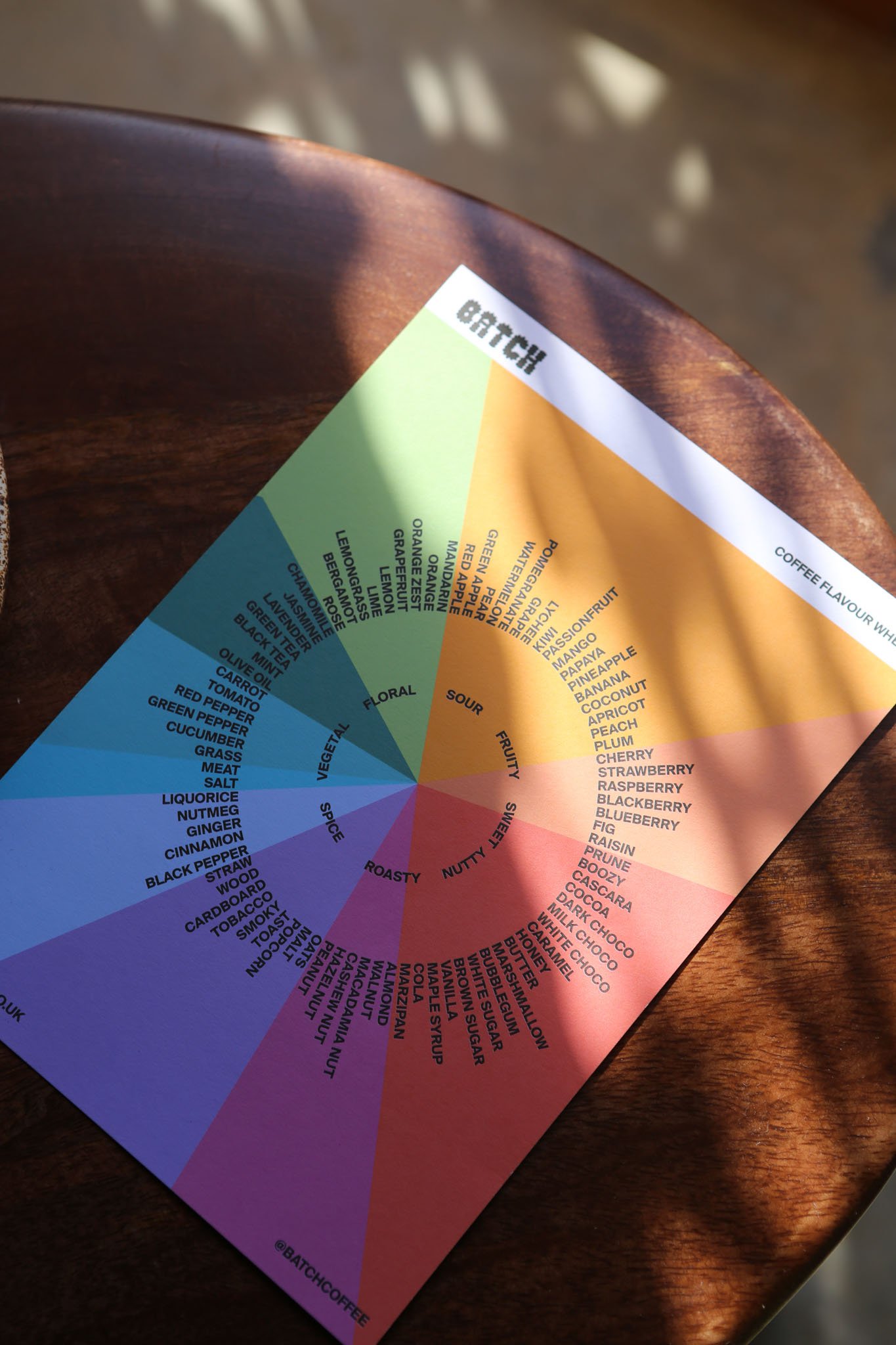Tom’s Guide on Caffeine in Pepsi
How Much Caffeine is in Pepsi?
BY TOM SAXON
You wouldn’t necessarily associate Pepsi with having caffeine in at all.
However, alongside its main competitor, Pepsi does contain this stimulant that is usually associated with tea or coffee.
To be exact Pepsi contains 35.34mg of caffeine in your typical 330ml can. Checkout our breakdown of sizes below.
AUTHOR: TOM SAXON
Why trust me
I’m Tom and I have been working in the coffee industry for over 10 years, starting my journey as a barista in Australia, working on coffee farms in South America and roasting coffee in The UK. I am the founder of Batch Coffee Club (a UK Coffee Subscription), which showcases the very best coffee from around the world.
First of all I will just highlight a few basics around grinding before I jump into different coffee grind sizes in more depth.
Does Pepsi have Caffeine in?
Yes, pepsi contains caffeine.
To be exact, a 330ml can of Pepsi contains 35.34mg of caffeine.
To put this into perspective, the amount of caffeine in a black filter style coffee of this size is roughly 138mg*.
But you should also take into account that a serving of Pepsi is usually much bigger than a serving of coffee, so you may actually consume more caffeine when enjoying your post burger Pepsi.
*This number can vary widely in coffee because of the many factors when it comes to brewing like the particular type of coffee, the roast level of the coffee beans or the brew guide.
Will Pepsi stop me from sleeping?
Yes, Pepsi can stop people from sleeping.
Although Pepsi does contain caffeine as we have discussed, it also contains sugars that may factor into stopping you from sleeping.
This is not to say that Pepsi will stop you from sleeping as each person is different and caffeine and sugars have different effects on everyone.
I would recommend, if you are struggling to sleep after consuming Pepsi drinking your last can as long before going to bed as possible and maybe save Pepsi for a lunch time beverage.
Caffeine stays in your system for many hours and if you have a fairly low tolerance then this may significantly affect you.
Pepsi vs Coffee
So pound for pound there is more caffeine in coffee, however because of the different levels of caffeine in coffee you may be surprised at how close the caffeine content becomes.
On top of this, a typical serving of Pepsi is much bigger than that of coffee so actually there may be more caffeine in Pepsi than coffee after all.
Checkout our breakdowns below:
| Beverage | Caffeine per serving | Caffeine per 100ml |
|---|---|---|
| Pepsi | 35mg | 10.6mg |
| Filter Coffee | 138mg | 90mg |
| Espresso | 63mg | 212mg |
| Black Tea | 42mg | 17.7mg |
How Much Caffeine Is In Pepsi?
As discussed above there is around 35.34mg of caffeine in your 330ml can of Pepsi.
FAQs
How many cans of Pepsi per day is bad for you?
Well, to start off with I wouldn’t say that a can of Pepsi is good for you and although you may be able to find some pros, there will certainly be more cons. That all said, you can still consume Pepsi without there being significant health effects providing that you look after your body and don’t consume too much. Checkout whether Cola is bad for you.
How much caffeine is in a can of Pepsi?
There is 35.34mg of caffeine in a 330ml can of Pepsi.
Is caffeine bad for you?
This obviously can differ from person to person, however generally speaking, a moderate amount of caffeine intake per day is generally considered safe for healthy adults.
When consumed in moderation, caffeine can provide certain benefits, such as improved cognitive function and increased physical performance.
However, excessive consumption of caffeine can lead to negative effects. Some individuals may be more sensitive to caffeine and experience side effects like restlessness, irritability, nervousness, increased heart rate, or difficulty sleeping. It can also cause gastrointestinal issues such as acid reflux or stomach discomfort.
Pregnant women, individuals with certain medical conditions (such as anxiety, heart problems, or sleep disorders), and those taking certain medications should be cautious about their caffeine intake and consult their healthcare providers for personalised advice.
It’s worth noting that caffeine is a mild addictive substance, and abrupt discontinuation of heavy caffeine use can lead to withdrawal symptoms such as headaches, fatigue, and mood changes.
As with most things, moderation is key. It’s important to pay attention to your body’s response to caffeine and adjust your consumption accordingly. If you have concerns about your caffeine intake or its effects on your health, it’s always a good idea to consult a healthcare professional who can provide personalized advice based on your specific circumstances.





